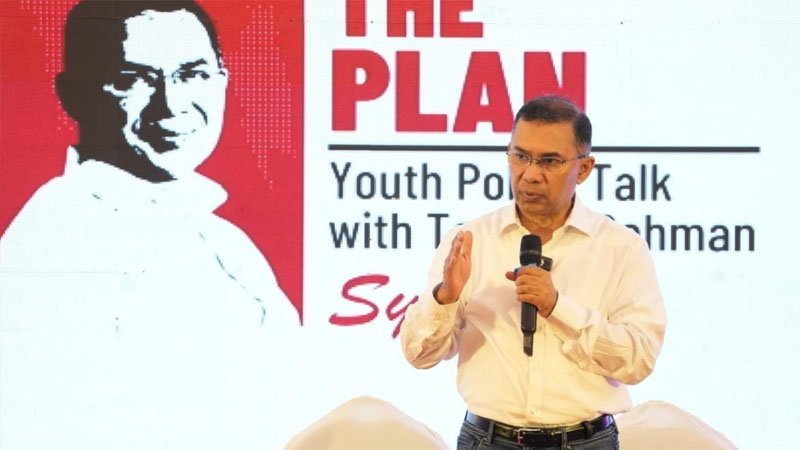In a significant step towards reforming Bangladesh’s banking sector, the government and the Bangladesh Bank have been empowered to temporarily take control of any scheduled bank or financial institution— including Islamic banks—through the newly promulgated Bank Resolution Ordinance 2025.
Published in the official gazette on Friday after receiving approval from the Advisory Council on 17 April, the ordinance aims to restore discipline and accountability in the country’s financial system.

Government Takeover and Share Transfers
Under the new law, the central bank can issue share transfer orders to bring struggling banks under temporary government control. The transferee of these shares must be a state-owned entity. This provision allows the Bangladesh Bank to streamline operations in non-compliant or distressed banks and stabilise the sector.
In cases where a bank is deemed unviable, likely to go bankrupt, unable to meet depositor obligations, or poses a risk to financial stability, the central bank can step in. This includes actions such as appointing an administrator, increasing capital through existing or new shareholders, and transferring shares, assets, and liabilities to a third party.
Additionally, the central bank may suspend or prohibit a bank’s operations entirely or in part. To ensure continuity of key banking services, it is also authorised to form temporary “bridge banks”—interim entities tasked with managing failing institutions, which may later be sold to third parties.
Sweeping Powers to Hold Top Officials Accountable
The ordinance significantly expands the accountability of top bank officials, including managing directors, chairmen, and other key officers. If any of them are found to have misused or fraudulently used bank funds—either directly or indirectly—they will be personally liable. The responsible individuals will be required to repay the misused funds. In cases of non-compliance, legal action will be initiated by the respective banks.
The central bank now has the authority to demand asset declarations from individuals to determine liability and can gather detailed information on both movable and immovable property, receivable assets, securities, rights, and other attachable income.
Previously, such responsibility was limited to only the chairman, a director, or the CEO under the Banking Companies Act. The new ordinance broadens this scope significantly.
Formation of Banking Sector Crisis Management Council
To manage such interventions and formulate contingency plans, the ordinance mandates the formation of a high-powered Banking Sector Crisis Management Council. This seven-member inter-institutional body will be headed by the Bangladesh Bank governor and include the finance secretary, the secretary of the Financial Institutions Division, the BSEC chairman, the secretary of Legislative and Parliamentary Affairs, the deputy governor overseeing resolutions, and another deputy governor nominated by the governor.
This council will convene at least once every three months to review the health of the banking sector and propose strategic interventions.
Liquidation and Penalties
If a bank’s licence is revoked, the Bangladesh Bank will petition the court to begin liquidation. A court-appointed liquidator—nominated by the central bank—will then oversee the process. Once liquidation is ordered, no interest or charges will accrue on the bank’s liabilities.
Depositor funds must be repaid within seven working days of the revocation decision taking effect, and all other liabilities must be cleared within two months. The ordinance also allows for voluntary liquidation, though prior approval from the Bangladesh Bank is mandatory before a bank can cease operations.
Violations of any provision of the ordinance may result in a fine of up to Tk50 lakh, with an additional daily fine of Tk5,000 for continued non-compliance.
A Turning Point?
The Bank Resolution Ordinance 2025 marks a turning point in the government’s approach to regulating the banking sector. By allowing temporary state control, establishing bridge banks, and expanding liability for wrongdoing, it seeks to restore discipline and accountability in a sector long plagued by irregularities. Whether it succeeds, however, will depend on how rigorously it is implemented.
As part of wider reforms to strengthen the country’s infrastructure, Bangladesh has recently doubled the minimum broadband speed to 10 Mbps for Tk 500 nationwide. Read more.








